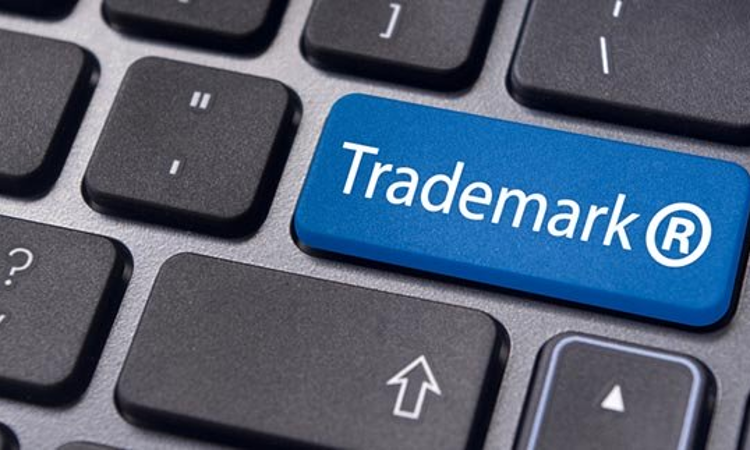- Home
- /
- High Courts
- /
- Delhi High Court
- /
- Any Person Has Right To Legally...
Any Person Has Right To Legally Import Second Hand Goods Bearing Trademark Of An Entity And Sell Them: Delhi High Court
Kapil Dhyani
16 May 2025 8:55 PM IST
“Any person in India has the right to legally import goods from abroad bearing the trademarks of an entity and sell the same in India,” the Delhi High Court has held.The right is however subject to such a person making complete disclosure to the buyer that the goods are second hand and are not covered by the original manufacturer's warranty, said Justice Amit Bansal.The ruling was made...
“Any person in India has the right to legally import goods from abroad bearing the trademarks of an entity and sell the same in India,” the Delhi High Court has held.
The right is however subject to such a person making complete disclosure to the buyer that the goods are second hand and are not covered by the original manufacturer's warranty, said Justice Amit Bansal.
The ruling was made while dealing with the case of Western Digital Technologies aggrieved by import of its hard disk drives (HDDs) by the Defendant.
While the company claimed violation of its intellectual property rights, the defendant claimed that it had legally purchased the goods from the Original Equipment Manufacturer.
The defendant also relied on a 2012 CBEC Circular permitting parallel import— import of genuine products which are acquired legally from abroad and imported in India by persons other than IPR holder, without the latter's permission.
At the outset, the Court noted that the Plaintiff failed to produce any law or regulation that prevents import of second-hand HDDs into India. It observed,
“Import and resale of goods bearing the trademark of the registered proprietor is permissible as long as the condition of said goods is not changed or impaired.”
It relied on Kapil Wadhwa v. Samsung Electronics Co. Ltd. (2012) where the High Court permitted defendants to import and sell Samsung printers provided they prominently display in their shop that the goods sold by them are imported and that after sales services and warranties are not guaranteed nor provided under the authority and control of Samsung. In doing so, the Court had emphasized on principle of international exhaustion of intellectual property rights.
It also relied on Seagate Technology LLC v. Daichi International (2024) where a Coordinate Bench extended the reasoning and rationale adopted in Kapil Wadhwa (supra) to cases involving refurbishment of imported products. It also held that there was no rule, regulation or policy that prohibited import of discarded HDDs into India and that further sale of the imported goods to refurbishers was not barred by law.
“The legal position that emerges from reading of the judgment of the Division Bench in Kapil Wadhwa (Supra) and the Coordinate Bench in Daichi (Supra) is that there is no statutory bar against the import of 'end-of-life' goods in India. Any person in India has the right to legally import goods from abroad bearing the trademarks of an entity and sell the same in India,” the Court said.
Elaborating on the principle of international exhaustion, the Court said the same is duly recognized under Section 30(3) and 30(4) of the Trade Marks Act.
While the company claimed that import and consequential sale by the defendant amounts to infringement under Section 29(6) of the Trade Marks Act, disagreeing, the Court held,
“No doubt, in terms of Section 29(6) of the Trade Marks Act, the use of a registered mark in the context of import would amount to infringement, however, this would be subject to defence available under sub-Section (3) of Section 30 of the Trade Marks Act, which permits a party to lawfully import goods from abroad bearing the trademarks of a registered proprietor and selling the same in India.”
In Kapil Wadhwa (supra), Court noted, it was held that the principle of international exhaustion takes away the right of the Trademark holder to control the further sale and further distribution of its goods.
Coming to the facts of the case, the Court noted that the imported goods were seized by the Customs and they never reached the defendant. Thus, Court ordered,
"The goods seized by the Local Commissioner and now lying with the Custom Authority are permitted to be released to the defendant…In case the defendant wishes to resell the imported goods without refurbishment, the defendant would be free to import second-hand goods or 'end-of-life' goods bearing the trademarks of the plaintiffs, while adhering to the disclosure norms…However, in the event the goods are refurbished and subsequently sold in the market, the disclosure norms given in Daichi (Supra) would apply.”
Appearance: Ms. Shwetasree Majumder, Mr. Prithvi Singh and Ms. Devyasni Nath, Advocates for Plaintiff; Mr. Sidharth Chopra, Mr. Kanishk Kumar, Mr. Angad Makkar and Mr. Priyansh Kohli, Advocates for Defendant
Case title: Western Digital Technologies Inc. & Anr. v. Hansraj Dugar
Citation: 2025 LiveLaw (Del) 571
Case no.: CS(COMM) 586/2019



